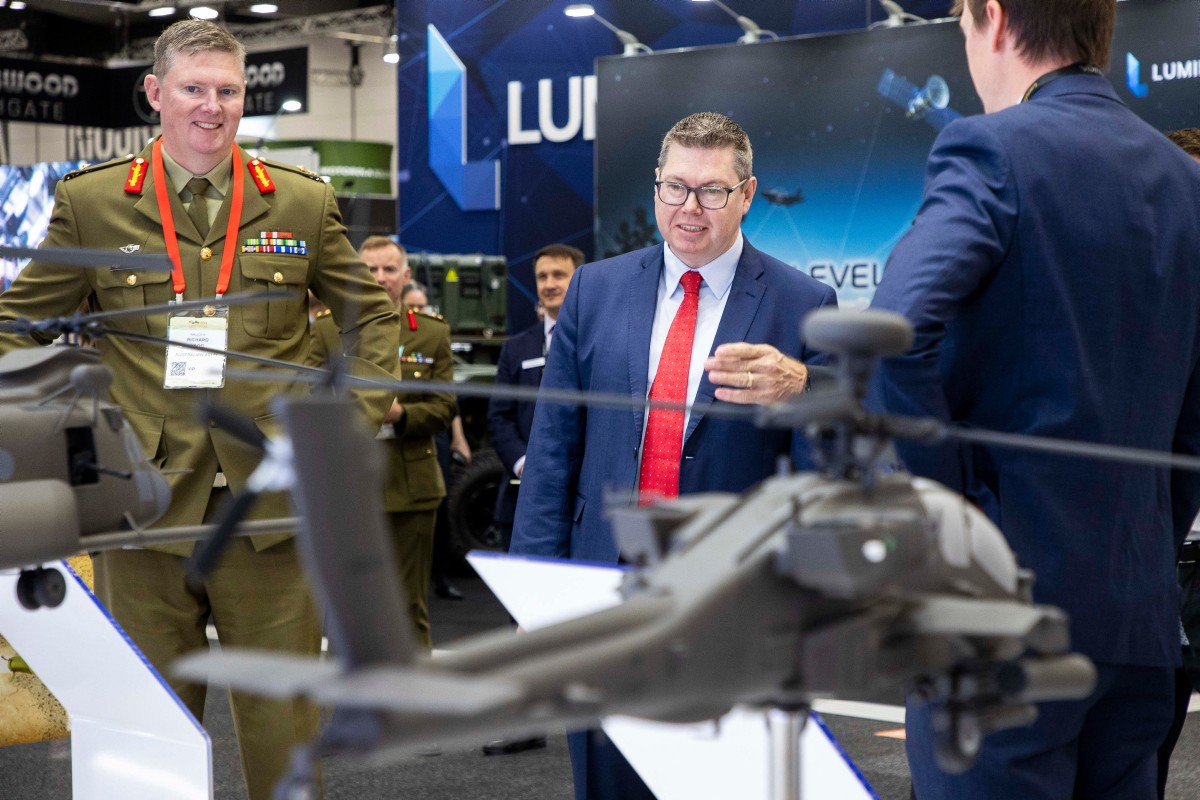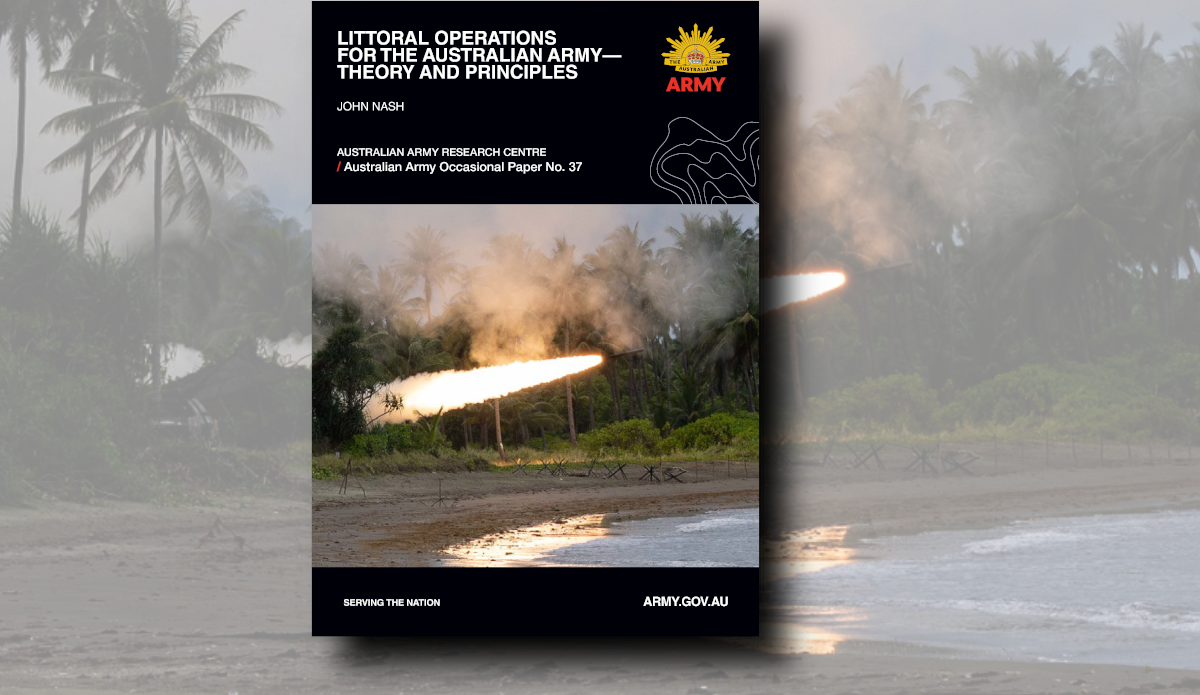Major Power Competition
IFRI reports that the ‘Transformation of Russian Strategic Culture’ is evolving fast. With the Russian ruling regime maturing “into a more rigid autocracy, its ideological outlooks become increasingly conservative, which hampers the modernization of the strategic culture”. The pressure of actual military engagements and rapidly evolving technologies are also influencing changes. As a result, IFRI argues their next moves are almost impossible to predict, as “Russian strategic culture is to become more fluid and less calculated”.
Although Russia became more cautious at the end of the decade, over the last five years they succeeded three times in catching the West by surprise: its amphibious/special forces’ operation in the annexation of Crimea, intervention in Syria and cyber-interference in the 2016 US presidential elections. IFRI states Russia’s ability to produce effective strategic surprises is undiminished and the West needs a better way to respond than ‘ad hoc counter-measures’. They suggest “one way to prepare for the surprising swings in Russia’s behaviour is to research the current and ongoing transformation of its strategic culture.”
Under growing US Pressure, China’s Huawei is pivoting to Russia. This comes amid growing technological cooperation between Beijing and Moscow; where the two countries “declared 2020 the year of Chinese-Russian scientific, technical and innovation cooperation.” This partnership appears to be largely motivated to reduce their technological dependency on the US, as ASPI reported in 2019: “the distinct deepening of China-Russia technological collaboration is also a response to increased pressures imposed by the US. Over the past couple of years, US policy has sought to limit Chinese and Russian engagements with the global technological ecosystem.”
Regional View
Germany launched its Indo-Pacific strategy and marked plans to maintain a rules based order with partners in the Indo-Pacific region (along with a key role for India). The strategy contained indirect references to “Chinese behaviour that challenged rules-based world order” and of concerning actions in the South China Sea, stating: “that the disruption of these maritime trade routes will have serious consequences for the prosperity and supply of our population (Europe).” In the past Germany has set the tone for Europe’s Foreign Policy, The diplomat asks the question: will this also be true for Europe’s Asia policy?
The ASPI Strategist reports that ‘more investment is needed to keep northern Australia’s military ranges world-class’ and this will set the stage for how the US Marine Corps operates in northern Australia. This follows recent decisions to establish a US-funded strategic military fuel reserve in Darwin, which will see greater US military visits to Australia. US General Berger has determine that “large cumbersome equipment and concentrated forces will be easily targeted in an age of long-range precision weapons” with the marines having to become lighter, faster and more agile, supported by systems with longer range and endurance.
Technology and Innovation
DARPA and the USAF announced successful completion of captive carry test of the two variants of the Hypersonic Air-Breathing Weapon Concept. These are systems that operate at hypersonic speeds, five times the speed of sound and offer the potential for military operations from longer ranges with shorter response times compared to current systems.
The BBC reports that the British Army could be axing their tanks as part of their modernisation plans. The British Army has been looking at various options to modernish its tank fleet for nearly a decade; though senior Army officers have confirmed they have been considering their utility in today’s environment altogether. “A shift in thinking has been highlighted by the head of the Army, General Sir Mark Carlton Smith. In a recent speech he suggested the threat of the tank was diminishing in modern warfare.” General Smith said, “The main threat is less missiles and tanks. It’s the weaponization of those elements of globalisation that hitherto have made us prosperous and secure, such as mobility of goods, people, data and ideas.” The British Defence Chiefs have previous discussed “sunrise capabilities”, which includes cyber and electronic warfare (whilst reducing unspecified “sunset capabilities”). British Defence Secretary Ben Wallace has also promised to invest more in space and cyber domains, along with unmanned systems on land, sea and air.
Meanwhile the US Army is set to receive its first Armoured Multi-Purpose Vehicle (AMPV) from BAE to replace its Vietnam-era M113 Armoured Personnel Carrier. The mission Command variant will be the first vehicle delivered and will play a significant role in the US Army’s ABCT ‘Network Modernization Strategy’. This comes after the roll out of these M113 replacements were recently delayed due to the coronavirus pandemic
Information and Cyber Domain
The Australian Cyber Security Centre (ASCS) Annual Cyber Threat Report from July 2019 to June 2020 has been released. The report covers cyber threats and incidents for the period, with key findings about the increasing scale and sophistication of malicious cyber activity against Australia. Phishing and spearphishing remain the most common methods along with randomware becoming the most significant threat; due to the potential impact it has on operations of businesses and governments. ASCS states “the 5G network and IoT devices have the potential to be revolutionary, but they require new thinking about how best to adopt them securely”, stating that the increase in consumer devices will create more vulnerability in networks.
The New York Times reports that FBI has warned Facebook and Twitter that the Kremlin backed Internet Research Agency is engaging in a disinformation campaign on the 2020 US election. The Russian group reportedly set up a network of fake user accounts and a website to look like a left-wing news site. This follows its interference efforts in the 2016 election, with their current intent to help President Trump win re-election.



